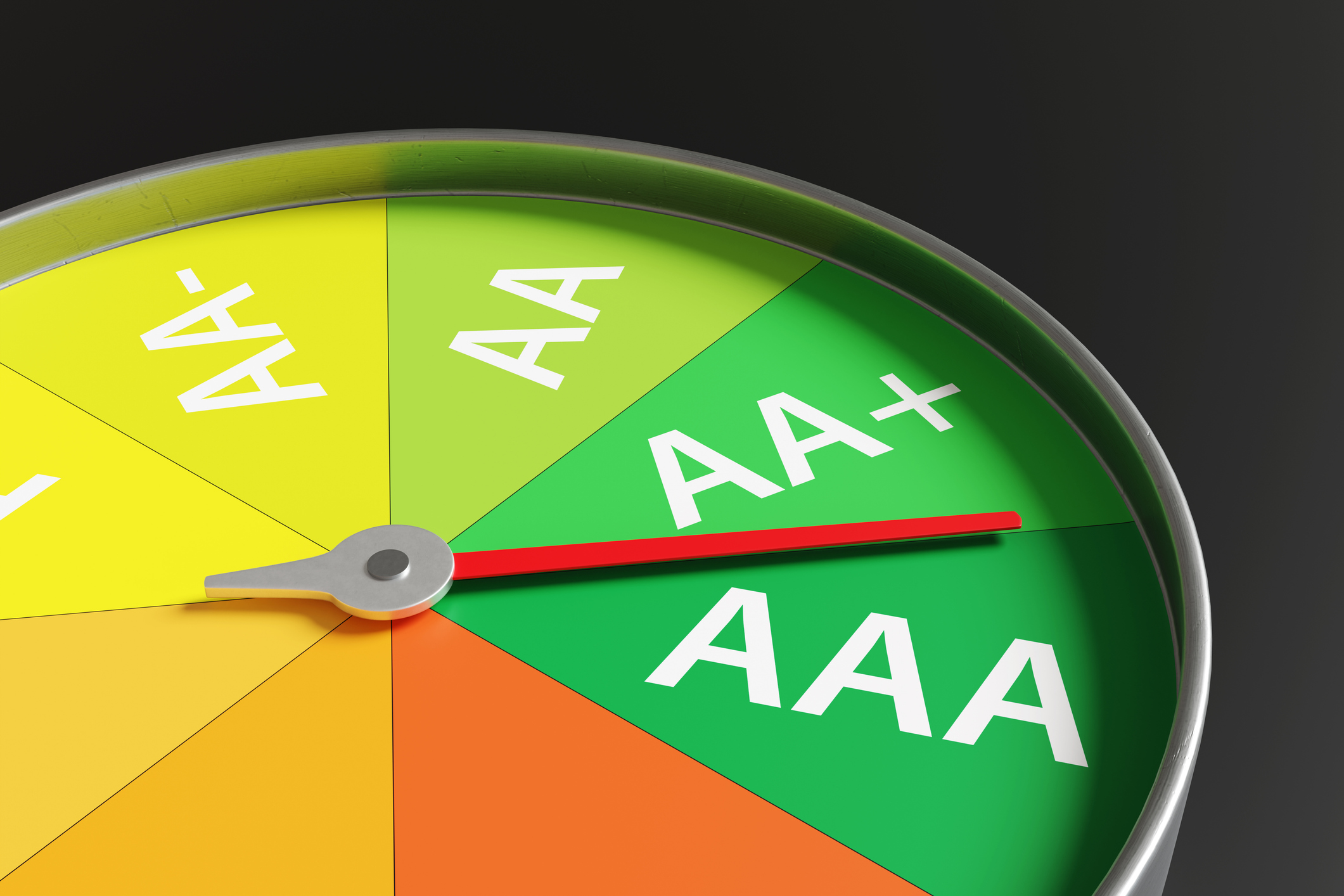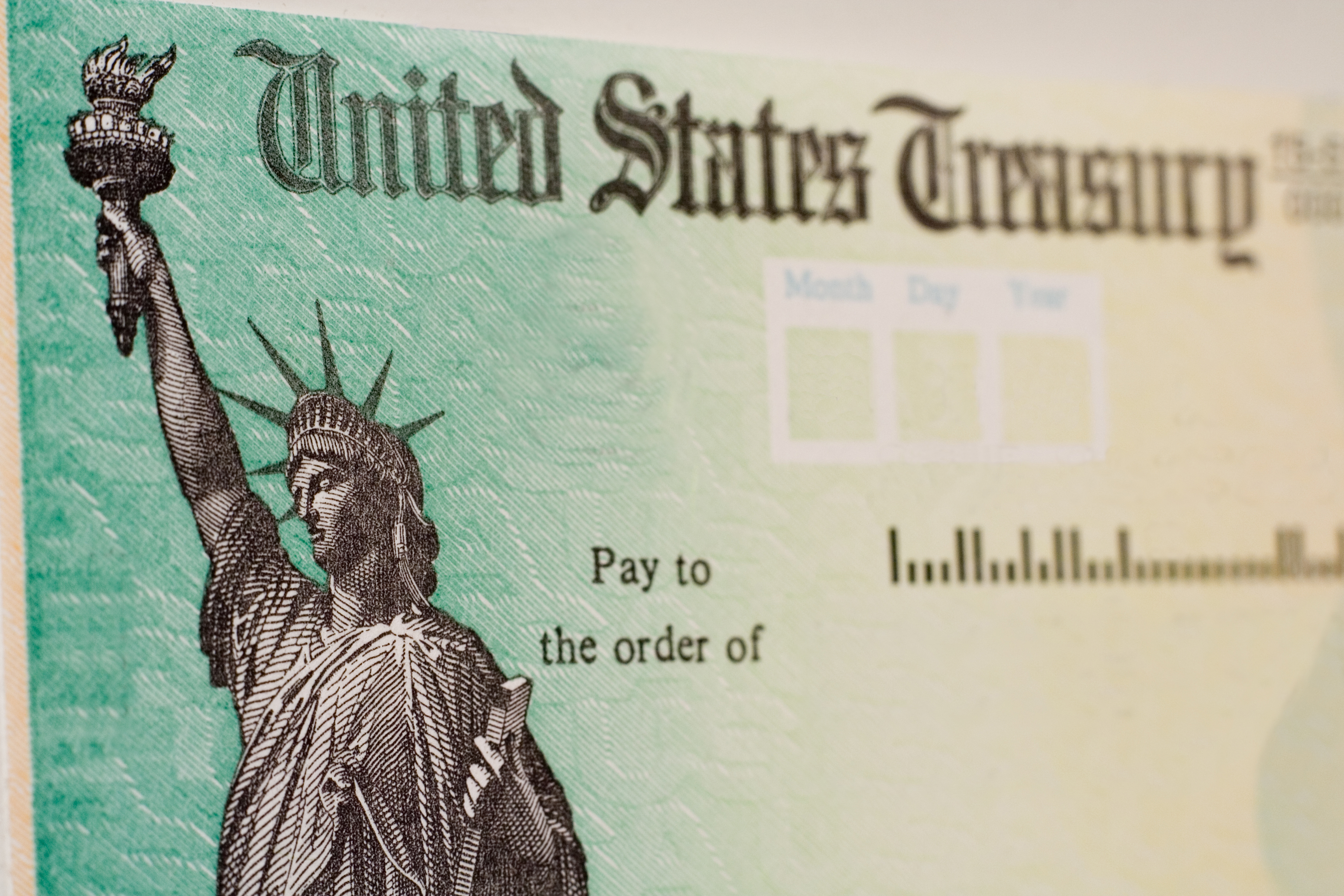Pros and Cons of Zero-Coupon Bonds
This isn't the investment for you if your retirement is years away.

Profit and prosper with the best of Kiplinger's advice on investing, taxes, retirement, personal finance and much more. Delivered daily. Enter your email in the box and click Sign Me Up.
You are now subscribed
Your newsletter sign-up was successful
Want to add more newsletters?

Delivered daily
Kiplinger Today
Profit and prosper with the best of Kiplinger's advice on investing, taxes, retirement, personal finance and much more delivered daily. Smart money moves start here.

Sent five days a week
Kiplinger A Step Ahead
Get practical help to make better financial decisions in your everyday life, from spending to savings on top deals.

Delivered daily
Kiplinger Closing Bell
Get today's biggest financial and investing headlines delivered to your inbox every day the U.S. stock market is open.

Sent twice a week
Kiplinger Adviser Intel
Financial pros across the country share best practices and fresh tactics to preserve and grow your wealth.

Delivered weekly
Kiplinger Tax Tips
Trim your federal and state tax bills with practical tax-planning and tax-cutting strategies.

Sent twice a week
Kiplinger Retirement Tips
Your twice-a-week guide to planning and enjoying a financially secure and richly rewarding retirement

Sent bimonthly.
Kiplinger Adviser Angle
Insights for advisers, wealth managers and other financial professionals.

Sent twice a week
Kiplinger Investing Weekly
Your twice-a-week roundup of promising stocks, funds, companies and industries you should consider, ones you should avoid, and why.

Sent weekly for six weeks
Kiplinger Invest for Retirement
Your step-by-step six-part series on how to invest for retirement, from devising a successful strategy to exactly which investments to choose.
I am 42 years old and interested in zero-coupon bonds to supplement my retirement savings. What are the pros and cons?
With retirement years away for you and today's low interest rates, we'd advise against buying zeros. These bonds don't make regular interest payments. Instead, they're sold at a big discount to face value; when they mature, you collect the full amount. Their big advantage is that you know how much you'll collect a certain number of years from now.
In mid June, for example, you could have bought a U.S. Treasury zero for $341 that matures in August 2027 at a face value of $1,000. That's an annualized return of 5.4%. But inflation, which has averaged about 3% over the past 20 years, will eat up a big part of that return. “Amounts due at maturity may not have the purchasing power you thought they would,” says Paul Winter of Five Seasons Financial Planning in Salt Lake City.
From just $107.88 $24.99 for Kiplinger Personal Finance
Become a smarter, better informed investor. Subscribe from just $107.88 $24.99, plus get up to 4 Special Issues

Sign up for Kiplinger’s Free Newsletters
Profit and prosper with the best of expert advice on investing, taxes, retirement, personal finance and more - straight to your e-mail.
Profit and prosper with the best of expert advice - straight to your e-mail.
And if interest rates continue to rise, as they did in late spring, zeros, unlike regular bonds, don't give you the opportunity to reinvest your interest at higher yields. Moreover, if you hold zeros in a regular account, you'll have to pay taxes each year on so-called phantom income from interest you haven't yet received.
With 20 years or so to go before you retire, you'll almost certainly do better with a diversified portfolio of stocks, although they'll probably offer a bumpier ride along the way.
If the certainty of zeros still appeal to you, Winter suggests this strategy: Put some money in zeros that mature in 20 years. Five years from now, buy more zeros that mature 20 years from that point, and so on. If interest rates rise, you'll be able to invest at least some of your money at higher yields.
Profit and prosper with the best of Kiplinger's advice on investing, taxes, retirement, personal finance and much more. Delivered daily. Enter your email in the box and click Sign Me Up.

As the "Ask Kim" columnist for Kiplinger's Personal Finance, Lankford receives hundreds of personal finance questions from readers every month. She is the author of Rescue Your Financial Life (McGraw-Hill, 2003), The Insurance Maze: How You Can Save Money on Insurance -- and Still Get the Coverage You Need (Kaplan, 2006), Kiplinger's Ask Kim for Money Smart Solutions (Kaplan, 2007) and The Kiplinger/BBB Personal Finance Guide for Military Families. She is frequently featured as a financial expert on television and radio, including NBC's Today Show, CNN, CNBC and National Public Radio.
-
 Nasdaq Leads a Rocky Risk-On Rally: Stock Market Today
Nasdaq Leads a Rocky Risk-On Rally: Stock Market TodayAnother worrying bout of late-session weakness couldn't take down the main equity indexes on Wednesday.
-
 Quiz: Do You Know How to Avoid the "Medigap Trap?"
Quiz: Do You Know How to Avoid the "Medigap Trap?"Quiz Test your basic knowledge of the "Medigap Trap" in our quick quiz.
-
 5 Top Tax-Efficient Mutual Funds for Smarter Investing
5 Top Tax-Efficient Mutual Funds for Smarter InvestingMutual funds are many things, but "tax-friendly" usually isn't one of them. These are the exceptions.
-
 Big Change Coming to the Federal Reserve
Big Change Coming to the Federal ReserveThe Lette A new chairman of the Federal Reserve has been named. What will this mean for the economy?
-
 Bond Ratings and What They Mean
Bond Ratings and What They Meaninvesting Bond ratings measure the creditworthiness of your bond issuer. Understanding bond ratings can help you limit your risk and maximize your yield.
-
 Bond Basics: Treasuries
Bond Basics: Treasuriesinvesting Understand the different types of U.S. treasuries and how they work.
-
 Bond Basics: Ownership
Bond Basics: Ownershipinvesting Bonds come in a variety of forms, but they all share these basic traits.
-
 Bond Basics: Pick Your Type
Bond Basics: Pick Your Typeinvesting Bonds offer a variety of ways to grow wealth and fortify your portfolio. Learn about the types of bonds and how they work.
-
 Silicon Valley Bank, Signature Bank Failures Send Bank Stocks Reeling
Silicon Valley Bank, Signature Bank Failures Send Bank Stocks ReelingFinancial stocks continued to sell off following the collapse of regional lenders SVB and Signature Bank.
-
 Stock Market Today: S&P 500 Snaps Weekly Losing Streak
Stock Market Today: S&P 500 Snaps Weekly Losing StreakAI stocks were big winners on Friday after C3.ai posted solid earnings and guidance.
-
 Stock Market Today: Stocks Bounce Back; UNP Rallies After CEO Splits
Stock Market Today: Stocks Bounce Back; UNP Rallies After CEO SplitsThe major benchmarks closed higher Monday after notching their worst week of the year on Friday.